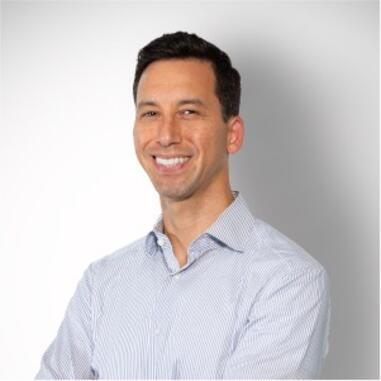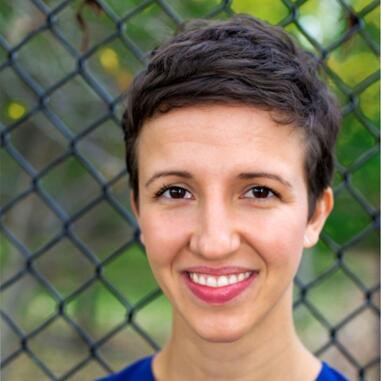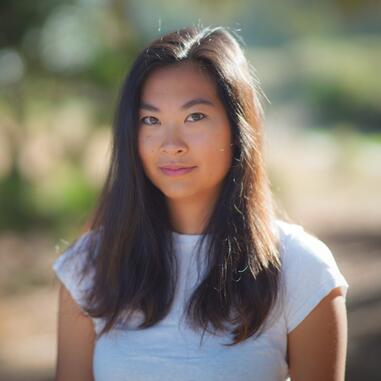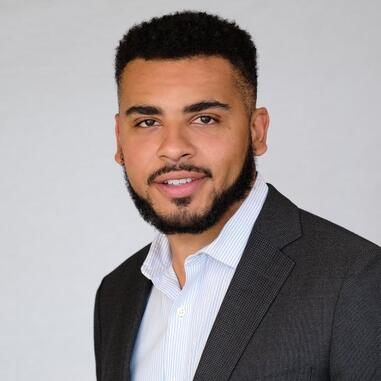MIT Sloan Sustainability Initiative
People, Planet, Profit: Measuring Impact
2019 S-Lab students Lara Ortiz-Luis and Zhenya Karelina visit a SowNaked oats field in Montana.
To find their sustainability story, Bay State Milling Company turned to a team of S-Lab students for help.
Bay State Milling’s Entrepreneur-in-Residence, Dan Collins, was touring fields across North America a few years ago, when a farmer handed him a gluten-free oat variety that grew without a hull—a naked oat.
To most people it meant nothing. To Dan, it was an exciting moment. No hull meant 30% less waste, 30% less fuel, and 30% less processing. If the company could develop a robust identity-preserved supply chain, it could deliver meaningful impact to its customers and a broader set of stakeholders. That’s how SowNaked™ Oats were born.
“SowNaked™ Oats are better for consumers, farmers, the planet, and business,” says Ed Fish (MBA '15, Sustainability Certificate), Bay State’s leader responsible for scaling and commercializing varietal-specific innovation. “Creating sustainable supply chains is the foundation from which we can produce differentiated, nutrient-dense plant-based ingredients.”
We have had the pleasure and benefit of hosting a Sustainability Initiative intern and an S-Lab project, and hope to continue our relationship with the program.
The hull-less oats idea moved quickly—production went from 600 acres in 2017 to 6,000 acres in 2019. At the same time, Bay State Milling went to market with a value proposition comprised of social, economic, and health attributes, but it didn’t seem to be striking the right note.
“The multifaceted value proposition was presenting a challenge,” Ed says. “Customers could clean up their ingredient labels, increase the nutritional density of their products, and reduce costs, but they weren’t getting to yes fast enough.” Ed had a hunch.
To complement the array of social and nutritional benefits, the company needed to strike an emotional chord with decision makers. They needed to promote the sustainability story, which they hadn’t yet quantified. For answers, Ed turned to MIT Sloan and a team of students from the Laboratory for Sustainable Business (S-Lab).
During the Spring of 2019, Zhenya Karelina, MBA ’20; Lara Ortiz-Luis, MS/MBA ’20; Joshua Reed-Diawuoh, MBA ’20; and Dillon Wiesner, MBA ’20 set out to measure the environmental impact of the SowNaked™ Oats supply chain. Among other things, the team constructed a comparison model to measure the CO2 emissions produced in the supply chains of traditional hulled oats versus SowNaked™ Oats. Their analysis was based on a mere 5,000 acres of SowNaked™ Oats replacing traditional hulled oats.
The result was a CO2 emission reduction of 217,000 pounds—the equivalent of the CO2 emitted from charging 12.2 million smartphones.
With this new information, Bay State Milling is sharing a more complete story of the product in a way that resonates with their customers’ values, and in return, grows the product line and its impact on people and the planet.
“The students’ enthusiasm translated into an exceptional product and a tremendous experience for everyone involved with the project,” Ed says. “We have had the pleasure and benefit of hosting a Sustainability Initiative intern and an S-Lab project, and hope to continue our relationship with the program.”






